New drug combo could fight aggressive blood cancer

Researchers from Karl Landsteiner University of Health Sciences (KL Krems) have discovered that combining two existing drugs can kill leukemia cells and limit their spread.
This small berry may help fight cancer, diabetes, obesity

Scientists from Université de Montréal have made an exciting discovery about the camu-camu berry, a fruit native to the Amazon rainforest. Already known for its health benefits, including protecting against obesity and diabetes, this small berry may also help in the fight against cancer.
This cancer drug may extend lifespan, study finds

Scientists from the University of Auckland have discovered that a cancer drug called alpelisib may help extend lifespan—at least in mice. The researchers wanted to see whether this drug, which is currently used to treat certain cancers, could also slow down aging.
New RNA vaccine shows promise for pancreatic cancer treatment
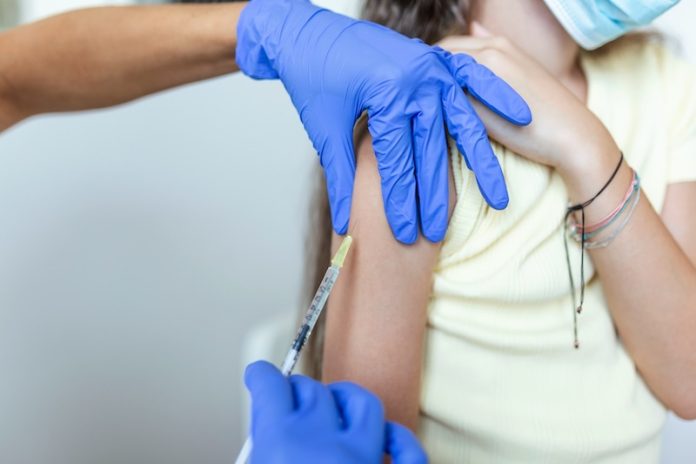
A new study from Memorial Sloan Kettering Cancer Center has shown that an RNA-based neoantigen vaccine can generate long-lasting immune cells that may help slow the recurrence of pancreatic ductal adenocarcinoma (PDAC)—one of the deadliest cancers.
New drug shows promise for treating liver disease and cancer

San Antonio has one of the highest rates of a serious liver condition called metabolic dysfunction-associated steatotic liver disease (MASLD). This is largely because many people in the area have obesity and diabetes, which increase the risk of developing MASLD.
Scientists find the key to treating colon cancer

Scientists at Northwestern Medicine have discovered that blocking a protein called GATA6 in mice with colon cancer slowed down tumor growth and helped the mice live longer.
New discovery could protect cancer patients from radiation side effects

Radiation therapy is a key part of cancer treatment, with about 60% of cancer patients in the U.S. receiving it at some stage.
New treatment offers hope for deadly brain cancer
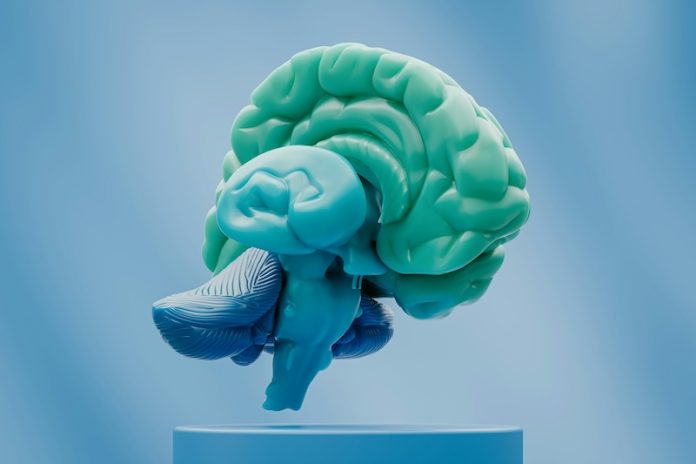
A groundbreaking experimental treatment for glioblastoma, one of the deadliest brain cancers, has been published in Nature Medicine, bringing new hope for patients.
New blood test could detect gallbladder cancer more accurately
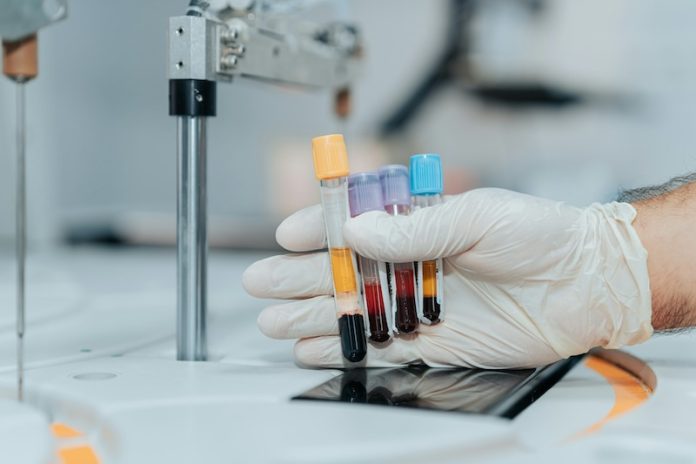
Scientists at Karolinska Institutet and Karolinska University Hospital have discovered specific proteins in the blood that can help doctors distinguish between gallbladder cancer and gallbladder inflammation.
Eating eggs may increase cancer risks

A recent study from Harvard University has found a potential connection between egg consumption and the risk of developing certain types of cancer, including breast, ovarian, and fatal prostate cancer.
How genetic testing is leading to better treatments for childhood cancer
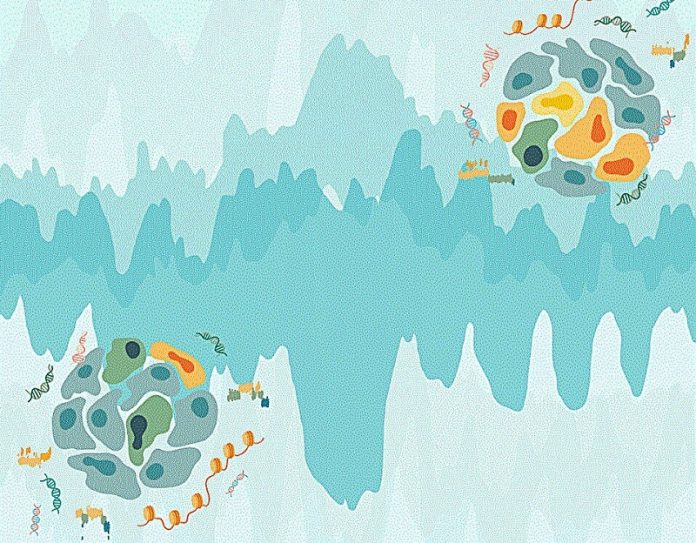
New research is bringing hope to children and young people with cancer by using genetic testing to match them with more effective and less harmful treatments.
New test may predict kidney cancer recurrence
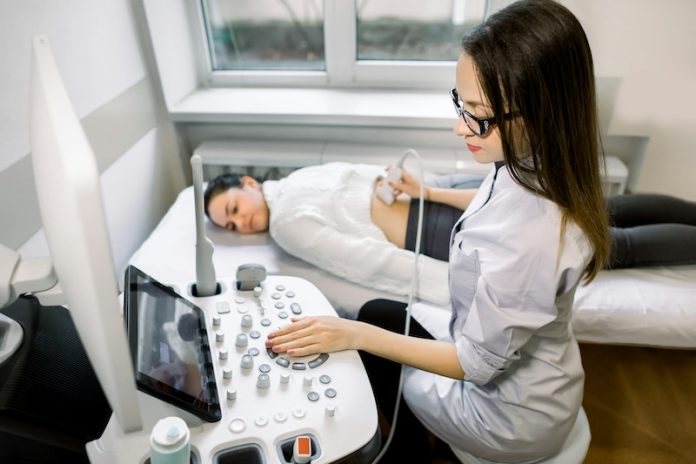
Scientists at the University of Michigan have discovered a way to predict which kidney cancer patients are more likely to have their cancer come back after treatment. Their research could help doctors decide who needs extra treatment and who doesn’t, making care more personalized instead of using a “one-size-fits-all” approach.






